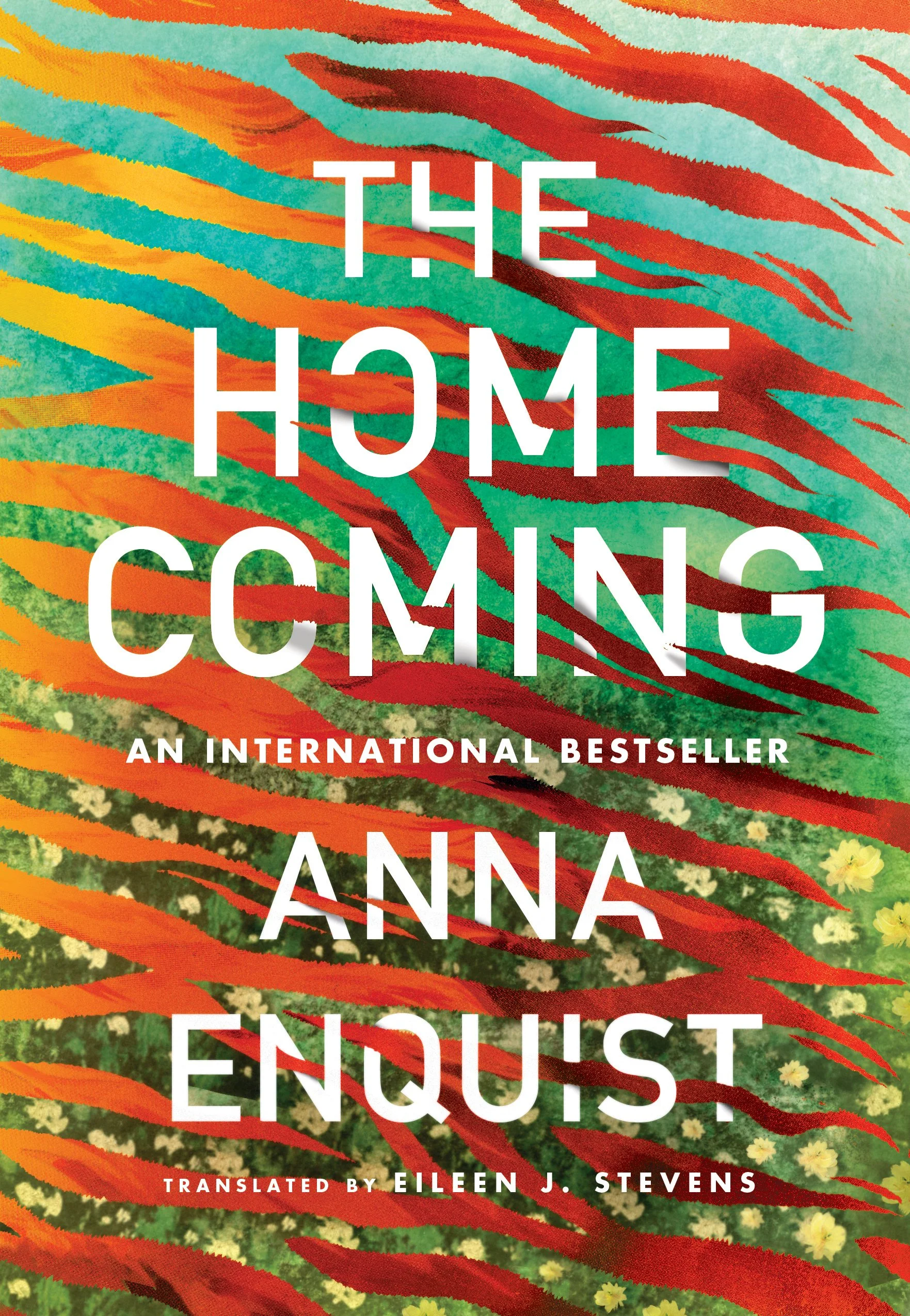Eileen Stevens
An Interview with translator Eileen Stevens
This is my first interview with a novel translator, so I have to ask how you got into translating novels. How did your background lead to this career? Is this what you set out to do or did you fall into it by chance?
This is also my first interview as a translator, so we have something in common! Falling into it by chance sums it up pretty well. I started out as a professional violinist in the classical world. Living in the Netherlands meant learning the language and I became fascinated by Dutch literature. That made translating seem like a logical choice when arts funding prompted me to look beyond my work in an orchestra.
What does a day in the life of a translator look like?
I like to get the bulk of my translation work finished by the early afternoon. Then the rest of the day is reserved for corrections, and the evenings are for reading. In between there are plenty of coffee breaks with other translators, either online or in person, plus meetings with authors and publishers.
On average, how long does it take you to translate a novel? What does that process look like?
For me, translating a novel takes anywhere from four to six months, if not longer. I try to hammer out a rough draft and then spend a lot of time on corrections, going back-and-forth with the author and editor. A publisher like Amazon has an expert editorial staff, and sometimes its nice to have them looking over your shoulder.
What is the thing about being a translator that would surprise people the most?
How poorly paid it is! No seriously, how cooperative and supportive the pool of translators is, and how inspiring it is to work in the world of publishers, editors and authors.
This novel has been translated into 6 languages so far--how does it feel to help it reach more people around the world by translating it into English?
Anna Enquist is a fabulous author, well known and well respected throughout the world. It's a wonder that this book has not been translated before, but I hope it helps brings readers into contact with Anna Enquist's other novels and poetry.
It has been 17 years since it was first published--what are some things that felt dated or need to be changed to bring it out in 2022?
There have been major changes in research since the novel was first published. We had to look very carefully at dates, times and places to make sure they were still aligned with the latest information. And readers are a lot more sensitive about language, so some terms that seemed neutral in 2005 had to be avoided.
The Homecoming is a heartbreaking intimate portrait about a little known character in history--the wife of Captain James Cook. How does it feel to be part of a movement to get this important woman's story told and recognized?
I loved meeting Anna Enquist's fictional version of Elizabeth Batts, Cook's wife. Because I was going through a personal loss at the time, Elizabeth Batts's strength and courage inspired me in many ways. In Enquist's telling, Elizabeth is a strong and clear-eyed woman. She wholeheartedly embraces her husband's ideal of scientific proof based on observation. And she knows how to live life. I think women like Elizabeth Batts can teach us all something about our own challenging times.
You and the author are now friends and play in a musical group together! How did your relationship grow? Do you often become friends with authors whose works you have translated?
I started translating The Homecoming the day the Netherlands went into its first lockdown. Suddenly, all the libraries were closed. Anna Enquists doesn't live very far from me, so she kindly bicycled here and dropped off a few reference books. Her visit led to some lively discussions about the book, about James Cook, and about Elizabeth Batts. Anna Enquist studied piano at the concervatory, so I gradually worked up the courage to suggest playing violin and piano sonatas together. Somehow you get to know a person much better when you play music together, and I think that helped me find her voice during translation process. My connection with this author is very special. It's not that common to meet the authors of the books I translate.
Anything else you would like to include or that you think readers would like to know?
This book touched me deeply. I worked on the translation during a difficult time, and some of the challenges Elizabeth faced mirrored my own. There are passages in the Dutch original that brought tears to my eyes every time I read them. I honestly don't know if my emotional connection to the book helped the translation, or got in the way. My hope is that readers find something in the book that comes close to touching them the way the original moved me.
An Interview with translator Eileen Stevens





